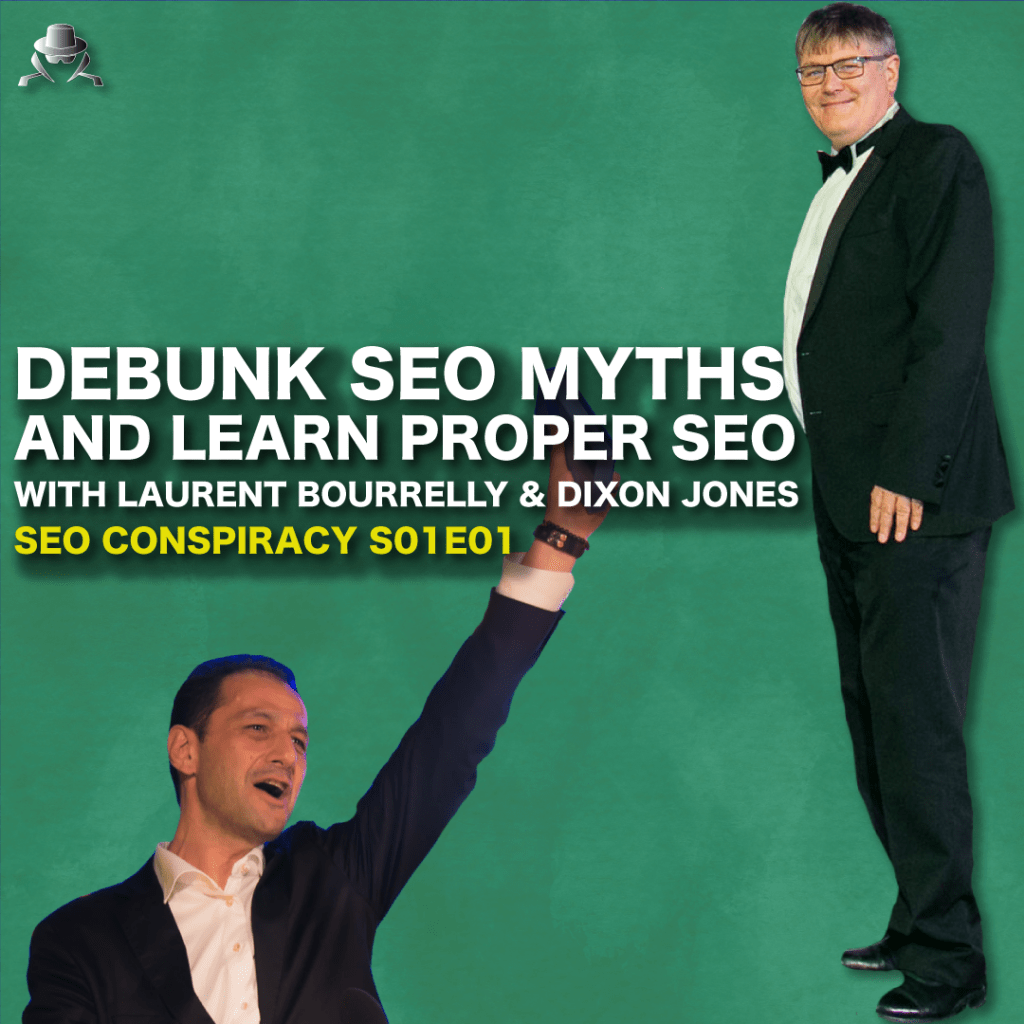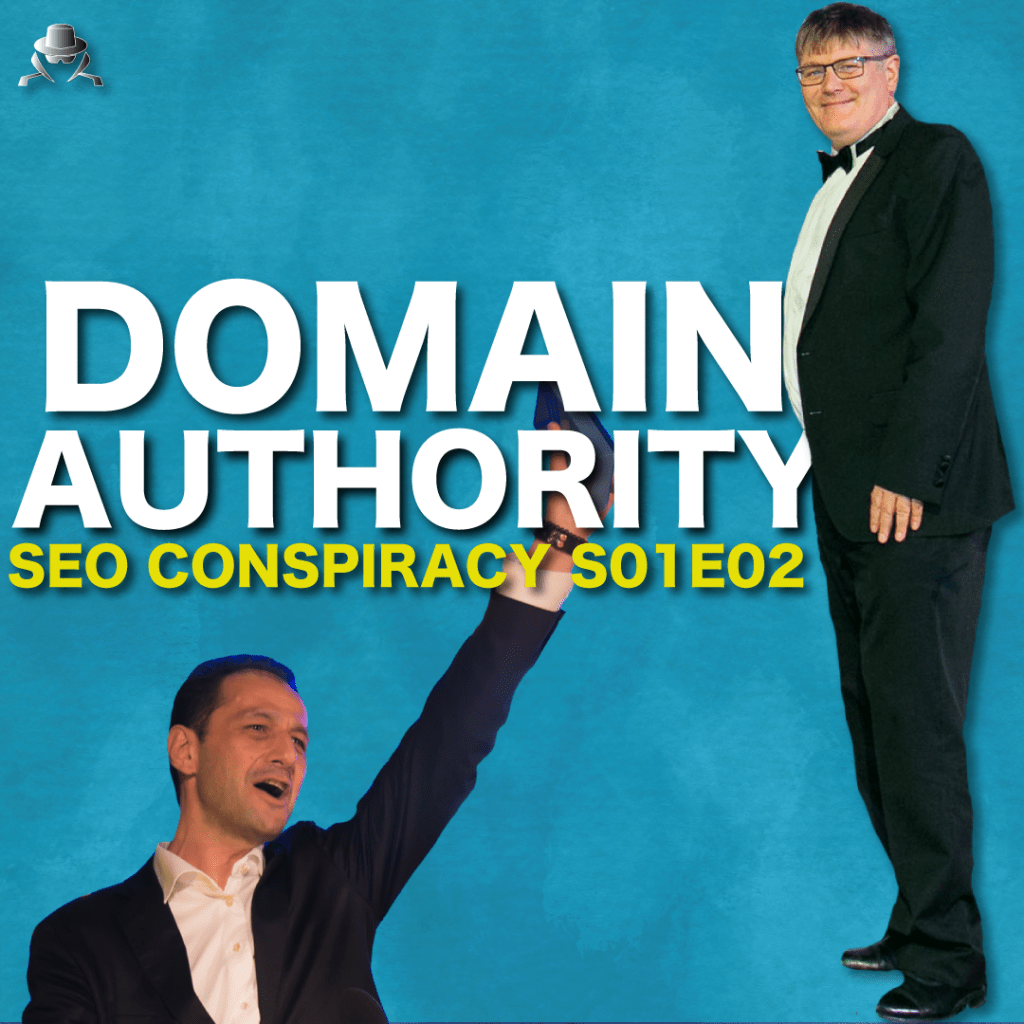The risks of programmatic SEO and why relying solely on automation can harm your site
The Appeal of Programmatic SEO
The idea of programmatic SEO is tempting—automating thousands of pages and ranking without manual effort. With AI tools offering quick solutions, it feels like a dream for SEOs. But automation often leads to low-quality content that Google flags as spam.
Programmatic SEO creates risks, including:
Over-optimization footprints detectable by algorithms.
Poor content quality.
Predictive crawling issues where Google avoids indexing pages.
Lessons from Black Hat SEO
My journey started in black hat SEO, where spam indexing and automation were the norm. In the early 2000s, automating massive directories and mixing content with tools like Yahoo Pipes worked—until Google evolved.
Core updates like Panda and Penguin ended the era of blatant automation, forcing SEOs to focus on quality and intent. The same lessons apply today: shortcuts often lead to penalties.
Explore the history of Google penalties.
Why Programmatic SEO Fails
Low-Quality Content Doesn’t Rank
AI tools often produce filler content that lacks value. Google may initially index it, but predictive algorithms can de-index or penalize low-quality pages.
Footprints Make Sites Vulnerable
Programmatic SEO often leaves detectable footprints, such as repetitive templates or over-optimized internal links. These patterns trigger penalties or lower rankings.
Press-the-Button SEO Is a Myth
Automation alone won’t deliver lasting results. SEO is a nuanced process requiring intent, engagement, and strategic link building.
Humans Augmented by AI Win
AI is a tool, not a replacement for human expertise. Humans augmented by AI can produce high-quality, engaging content tailored to user intent. Combining human creativity with AI efficiency delivers sustainable results.
Key benefits of this approach:
- Enhanced storytelling for better retention.
- Contextually relevant internal linking strategies.
- High-quality multimedia content that engages users.
Learn how to integrate AI into your SEO strategy.
When to Use De-Optimized Pages
The Topical Mesh strategy includes pages with zero SEO optimization. These “de-optimized” pages serve specific purposes:
- Supporting link structures without competing for rankings.
- Creating natural linking profiles to reduce algorithmic flags.
This concept is counterintuitive but effective in maintaining balance across a site.
Discover the Topical Mesh strategy.
Build for the Long Term
Shortcuts like programmatic SEO may work temporarily, but they rarely sustain rankings. To succeed in 2025 and beyond:
- Focus on creating valuable content.
- Use AI to enhance, not replace, human creativity.
- Develop a site-wide strategy centered on relevance and authority.
SEO requires discipline and effort, but the results are worth it when done right.


